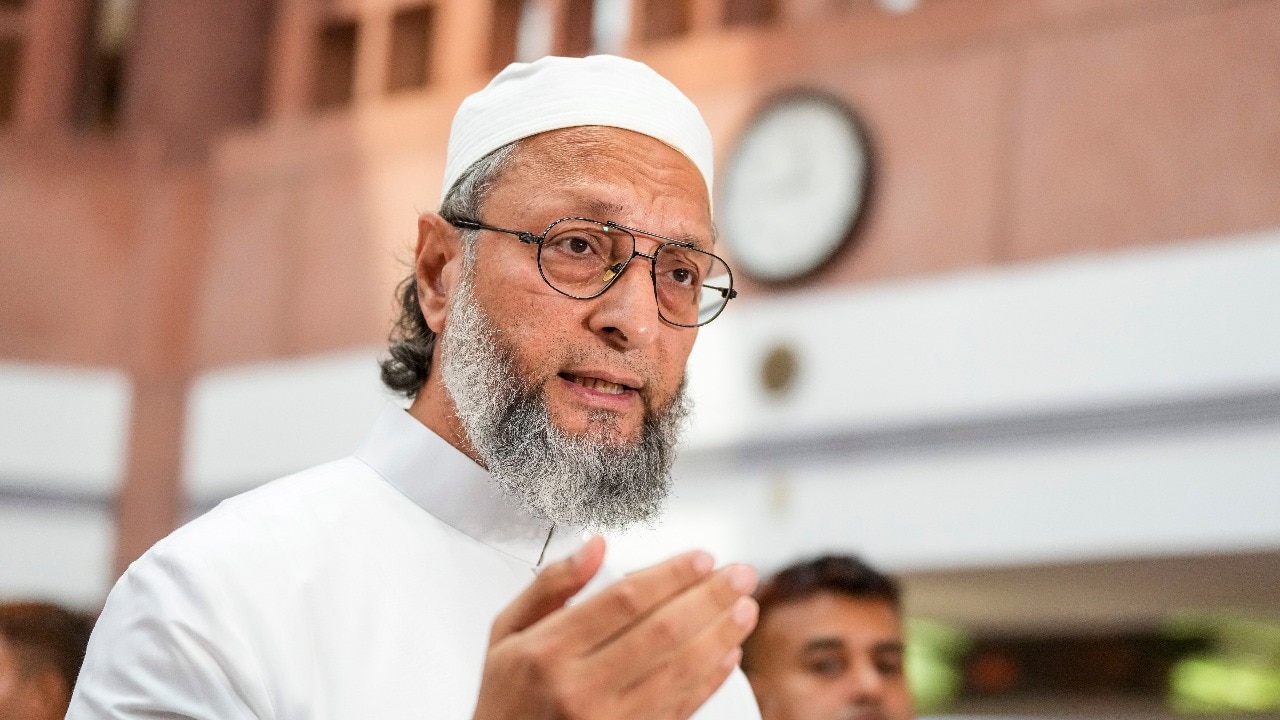Legal Reversal in 2006 Mumbai Train Blasts Case
The Bombay High Court recently acquitted all 12 men who had been convicted in the 2006 Mumbai train blasts case, sparking a significant legal and political debate. The verdict came nearly two decades after the tragic incident that claimed the lives of 189 people and injured over 800 others. The court’s decision highlighted serious flaws in the investigation and the prosecution’s handling of the case.
The High Court’s ruling stated that the prosecution had “utterly failed” to prove the charges against the accused. It also raised doubts about the authenticity of the confessions made by the accused, suggesting that they were obtained under duress. The court criticized the investigation as being deeply flawed and questioned the use of torture during the interrogation process.
This development has led to questions about the role of the investigators involved in the case. AIMIM chief Asaduddin Owaisi, known for his sharp criticisms, took to social media to express his concerns. He pointed out that 12 Muslim men had spent 18 years in prison for a crime they did not commit, with their prime years lost. He also highlighted the pain of the families who had lost loved ones and the injured individuals who still lacked closure.
Owaisi criticized the approach of the police in such cases, stating that they often assume guilt first and then work backward. He emphasized that in many terror cases, the investigating agencies have failed to deliver justice. His remarks were not limited to the police but extended to the political parties in power at the time. He specifically mentioned the Congress party, which was in charge of the state government in 2006, accusing them of ignoring complaints of torture.
The attacks on July 11, 2006, involved seven bombs hidden in pressure cookers that exploded across first-class compartments of Mumbai local trains within 11 minutes. The Maharashtra Anti-Terrorism Squad (ATS) later claimed that the 12 accused were members of the banned Students’ Islamic Movement of India (SIMI), allegedly linked with the Pakistan-based terror outfit Lashkar-e-Taiba (LeT). A special court in 2015 convicted them, sentencing five to death and the rest to life imprisonment.
However, the High Court overturned this verdict after six months of hearings. The court ruled that the confessions were inadmissible, noting signs of “copying” across statements. The bench made sharp observations that left the Maharashtra ATS embarrassed, stating that the accused had “successfully established” that they were tortured to extract the confessions. The court also criticized the non-application of mind by the prosecution, stating that they had “thoroughly failed” to prove their case beyond reasonable doubt.
The judgment further noted that creating a false appearance of having solved a case by presenting the accused as brought to justice gives a misleading sense of resolution. This deceptive closure undermines public trust and falsely reassures society, while in reality, the true threat remains at large.
The acquittal of the 12 men marks a significant shift in the legal narrative surrounding the 2006 Mumbai train blasts. It raises important questions about the integrity of the investigation and the need for accountability in the justice system. As the case moves forward, it is clear that the implications of this verdict will be far-reaching, affecting not only the individuals involved but also the broader public’s perception of justice and security.







